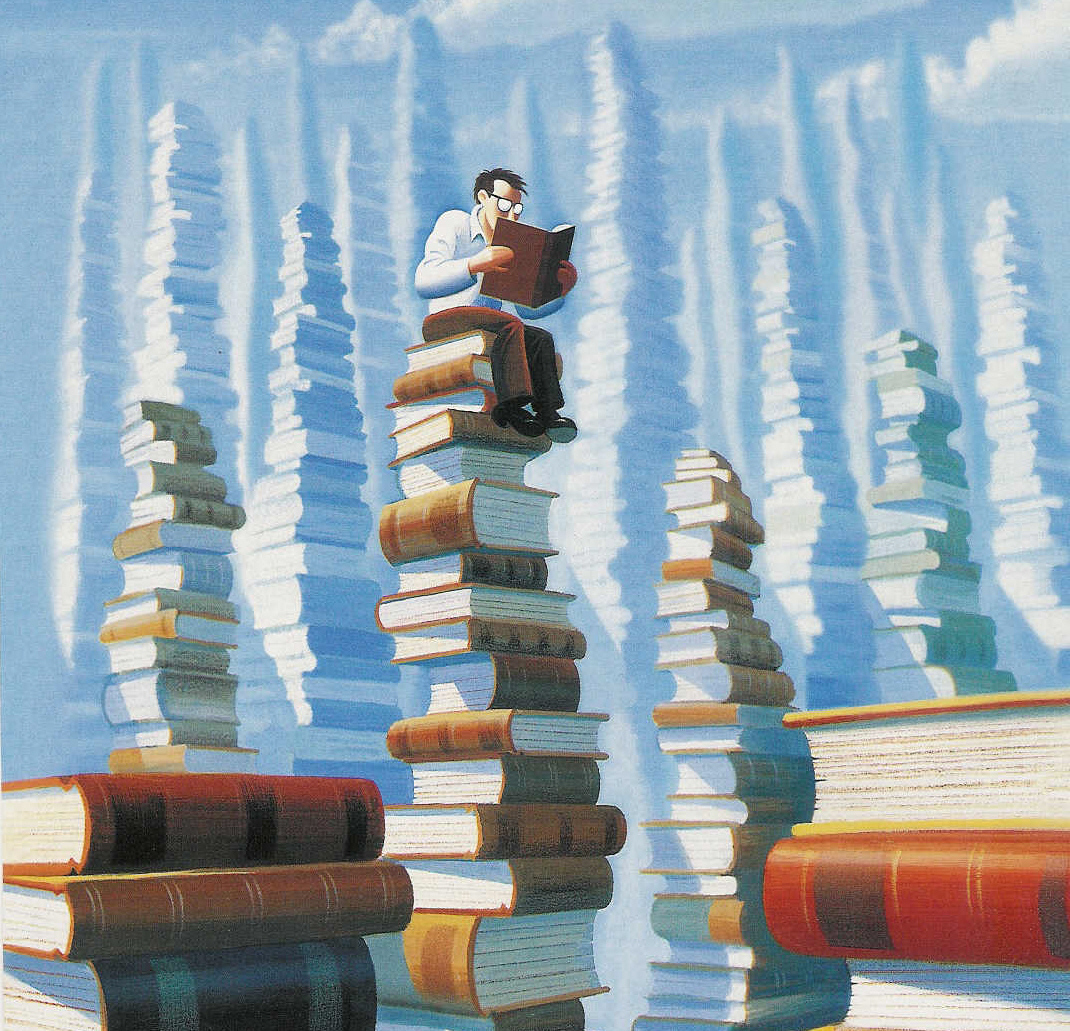I read the original story somewhere. And what I write here now is my own version of the original. But both communicate the same essence, though are created with different cadence. Stories are like that. They are always the same, but told in different ways.
This story takes place at a recent time in one of the states situated in the southern part of India, bordered in the East by the Sahya Mountains and the West by the Arabian Sea. The state had recently come out a Communist government after people choosing a Right Wing party in the parliamentary election. The one legacy the Left rule left this sate with was the long lines in front of Ration Shops, a picture that resembles the photographs one can find in National Geographic magazine from a poverty stricken “third world country” somewhere.
In one of the Upper Primary schools, one teacher decided to conduct a test for his students. There were just fifteen students in the class, as most of the students with wealthy familial background preferred English medium schools to government schools that taught subjects in Malayalam.
“You don’t have to be ashamed of what you are,” the teacher said. And he smiled at a rising hand. A boy asked from among the students, “Sir, my father calls me a moron, whenever he sees me reading stories. I love stories, but he says stories are lies. He says stories are the opium that blinds our brains. And…” there was a pause and the boy struggled to bring his words forth. His words, through the lump in his throat seemed a pleading ‘I am here, and alive’. The teacher’s face grew serious at the sight of the boy struggling to control his emotions.
After a moment, the boy continued: “And he burnt all my story books.” He closed his eyes, for they were flooding as if his tear glands were slit open. The teacher went outside, without saying a word. But the test, it was not conducted yet. He almost stopped and turned. He saw students walking out of the classroom with only one staying behind with the student who cried out in the class. The teacher came back to the staffroom. The Head Master, seeing the distress on the teacher’s face enquired him what happened. “I was about to conduct a test for the students, a special test.” he related his experience to the Head Master. “From the boy’s description, his father seems to be too much worried about the economic situation of the family.”
And the head master asked, “What special test?” as if nothing else had happened and the question was the only congruous gesture apt for the moment.
Hiding his disturbance, the teacher said; “I wanted the students to narrate their experiences in helping their fellow beings.”
The next day in class the teacher asked: “I am going to conduct a test, today. You have to tell me some experience from your life when you believe you helped someone in need to the full of your capacity.”
Every one narrated some incident or the other from their life, from helping a hungry beggar with money, to driving away stray dogs from attacking their cows. But one boy stood up and said nothing. It was the boy who remained in the class the previous day along with the boy who cried after the description of his father’s cruelty. That boy was absent, may be due to the shame of crying out in the class, the teacher thought.
The boy stood up. He was silent. “Haven’t you helped any one is your life yet? Oh, that is very bad,” the teacher said.
“Yes, I did,” The boy said. “But most of my experiences are similar to what others said.” And he looked down as if imitating the flowers in the garden.
“What were you doing with your friend, when he cried yesterday?” the teacher asked. The boy did not break his silence. “Tell me. What did you say to your friend?” the teacher prodded the boy, again.
“I didn’t do anything, sir. He was so alone. I thought he needed company. So I just sat beside him and cried with him.” The boy said.
A smile blessed the teacher’s lips. He took a package from his desk and gave it to the boy. “You win the test,” he said. “You rendered the help that no one else could even think of. You helped someone cry.”











